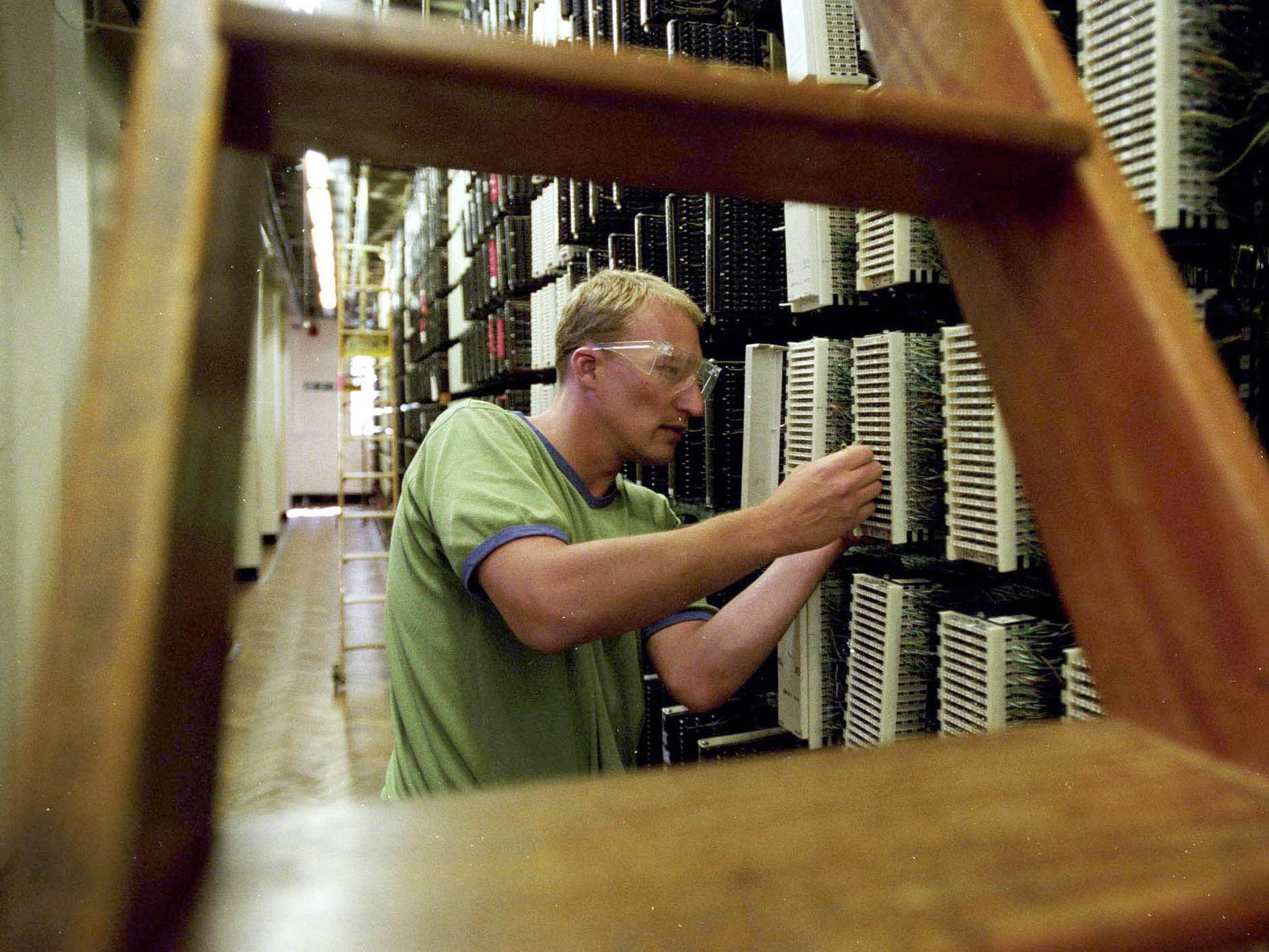ISPs 'weak link' in online TV downloads
BBC, ITV, C4 download service could spell bandwith trouble

A leading analyst has warned that ISPs are the main barrier to online, on-demand video services. Yesterday, the BBC, ITV and Channel 4 announced they were working on a combined service, codenamed Kangaroo.
StrategyEye Digital Media lead analyst Aleksandra Bosnjak says that internet service providers may be the weak link in the launch to provide more than 10,000 hours of programming to stream, rent or buy.
"UK ISPs will continue to cap download speeds at peak times when consumers can actually sit down and watch or download on-demand TV programming," says Bosnjak who thinks that ISPs already have enough to deal with considering the existing services available online. "With so many pressures on the UK internet pipes, there is a natural limit as to how effective broadcasters' [Video on Demand] offers can be."
Opinion: Hop to it: Kangaroo could be a goer
"For the broadcasters, the ultimate aim of 'Project Kangaroo' is to embrace broadband content delivery and push their content direct to TVs, and, in the long-term, across different platforms as well," warns Bosnjak. He believes that the partnership is a good move for the broadcasters, but thinks they should probably have involved other parties in the discussion.
"It would be interesting to see more details on ISPs' reactions and revenue-sharing structures between all parties involved."
Speakers at a next-generation broadband conference last week also raised questions about services such as the BBC iPlayer, which has previously garnered concern from ISPs - but refrained from any criticism. BT's head of regulatory policy and strategy, Alan Lazarus, talked of "pinch points" such as the iPlayer which needed to be considered "before [we are] beyond copper capacity. What are people prepared to pay for?" he asked.
Get daily insight, inspiration and deals in your inbox
Sign up for breaking news, reviews, opinion, top tech deals, and more.
Targeted ads a key reason
Bosnjak reckons it isn't surprising the organisations have decided to work together on a "'consolidated' broadband video strategy...in light of emerging web TV entrants such as Joost and Babelgum." He reckons that one of the major reasons why Kangaroo is happening is that new audiences can be reached and targeted with advertising. However, Bosnjak does caution that the mixed-business model of free, paid-for and rented content may not produce the right revenues.
"This is certainly a step forward for broadcasters, and many other traditional media players will be looking for a 'get together' approach as a potential tool to outgrow the 'scheduled' broadcasting business," reckons Bosnjak He says the broadband video space is already crowded with new and "potentially disruptive entrants" that only a consolidated approach can work.
Back in August we reported that Tiscali had spoken out against services like the BBC iPlayer and Channel 's 4oD because they lacked 'proper attention to cost of delivery.'
Tiscali spokesperson Debbie Roff told us at the time. "As these services become more popular they will undoubtedly cause congestion. It is only broadband operators that can increase bandwidth and this comes at a cost."
Tiscali also said it already uses so-called "traffic shaping" to control the bandwidth used by services like the iPlayer to "ensure all customers get a fair share".
Dan (Twitter, Google+) is TechRadar's Former Deputy Editor and is now in charge at our sister site T3.com. Covering all things computing, internet and mobile he's a seasoned regular at major tech shows such as CES, IFA and Mobile World Congress. Dan has also been a tech expert for many outlets including BBC Radio 4, 5Live and the World Service, The Sun and ITV News.